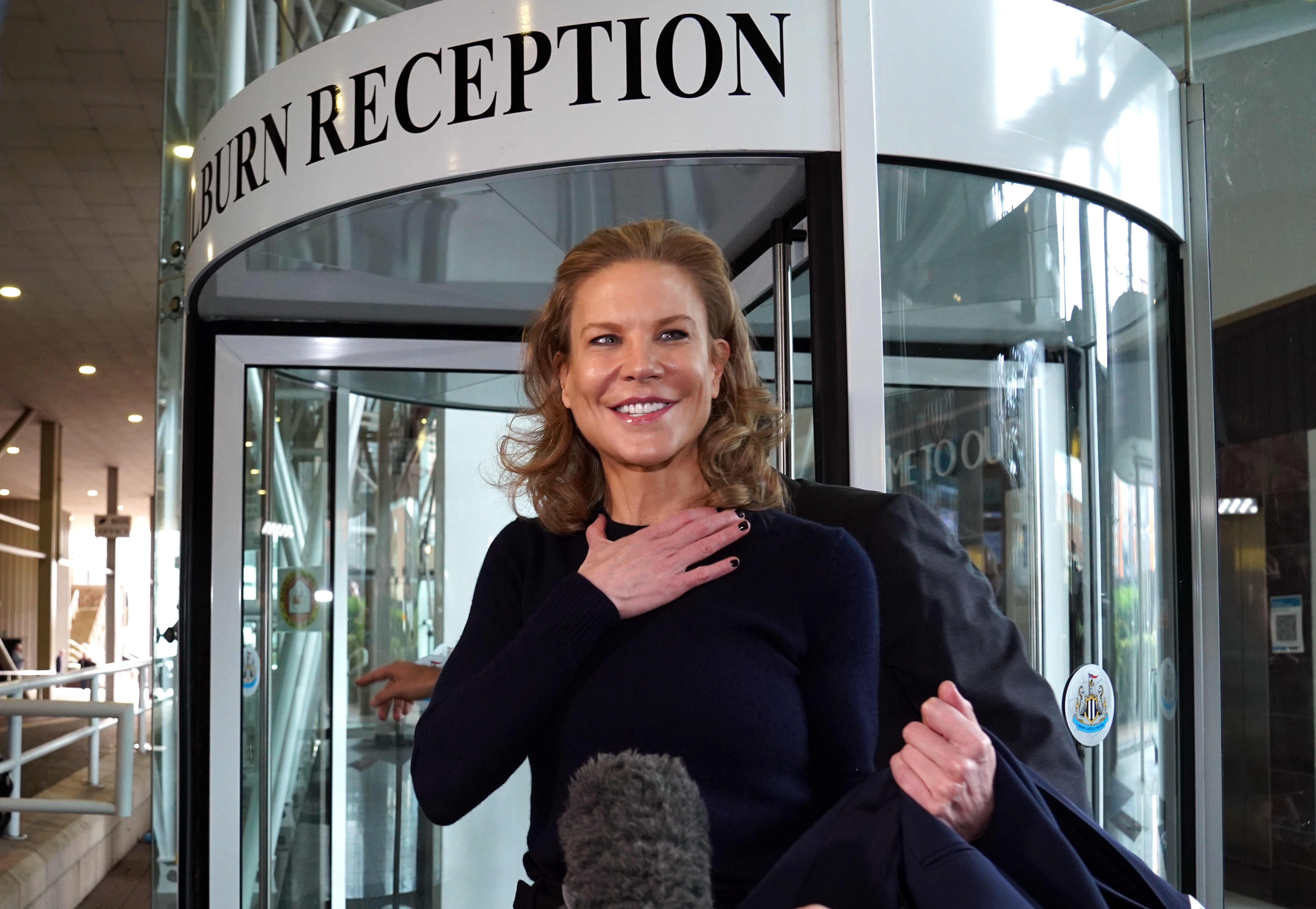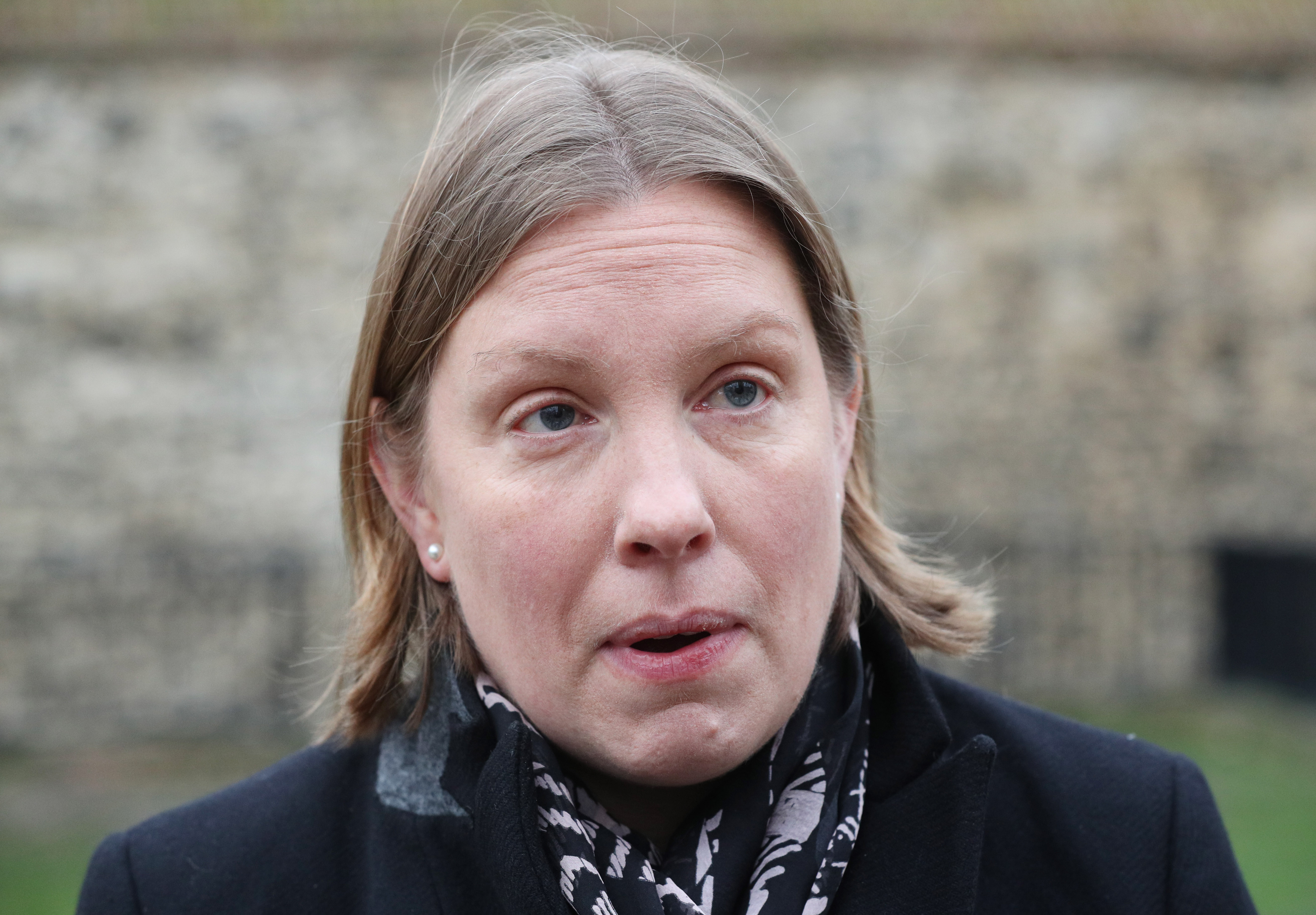Newcastle takeover may lead to ‘revitalised version’ of ESL – financial analyst

Newcastle’s Saudi-led takeover could lead to a “revitalised version” of the European Super League in the near future, according to a financial analyst.
A consortium led by the Middle East country’s Public Investment Fund (PIF) bought the club in a £300million deal last week after Premier League approval was finally granted.
The Magpies’ new-found financial muscle is likely to pose a threat to the league’s established ‘Big Six’, all of whom were involved in the hugely controversial Super League plans unveiled in April which quickly collapsed.
Roger Bell, the co-founder of financial strategy analysts Vysyble, is concerned those same clubs may seek to act again before Newcastle are able to catch up.
🤝 An investment group led by the Public Investment Fund, and also comprising PCP Capital Partners and RB Sports & Media, has completed the acquisition of 100% of Newcastle United Limited and Newcastle United Football Club Limited from St. James Holdings Limited.— Newcastle United FC (@NUFC) October 7, 2021
“The financial conditions that led to the Super League have not changed,” he said.
“Clubs are still incurring huge losses and are struggling to control the relationship between income and expenditure.
“The arrival of a new and obviously wealthy regime at Newcastle will only sharpen the focus in those clubs closely associated with the Super League concept. It may indeed lead to a revitalised version in the near future before Newcastle have had a chance to reinvigorate itself.”
Get FourFourTwo Newsletter
The best features, fun and footballing quizzes, straight to your inbox every week.
Vysyble’s new report, ‘We’re So Rich It’s Unbelievable! The Illusion of Wealth Within Football,’ looks at the finances of Premier League and Championship clubs between 2009 and 2020.
It found the 44 clubs racked up record annual losses of £1.89billion in the 2019-20 season, with 73 per cent of those losses recorded by top-flight clubs.
The clubs who still support the Super League concept – Real Madrid, Barcelona and Juventus – say football’s current financial model is broken.
It is understood plans for a new Super League, but with open qualification rather than protected ‘founder’ clubs, are being worked on.
Premier League Shareholders today approved rules to further protect the #PL against future competition breakaways— Premier League (@premierleague) June 10, 2021
The original league was announced late on the evening of April 18 but within 72 hours nine of the 12 clubs had withdrawn amid fan protests, outrage from the game’s governing bodies and pressure from Government.
The six Premier League clubs involved agreed in June to make a combined £22m ‘goodwill payment’ to support the community and grassroots game.
A statement from the league in June said the clubs had agreed to support rule changes which would lead to any club involved in such a competition in the future being docked 30 points. Additionally, if any of the original Super League six were involved, they would be fined £25m each.
The fan-led review led by Conservative MP Tracey Crouch was initiated by the Government in the wake of the Super League fiasco.
Its final recommendations are set to be published next week, with Crouch having already said in interim findings in July that an independent regulator is needed to protect the future of key aspects of the English game.
However, Bell does not believe the review will have the desired impact on the financial regulation of the game.

“Even with the best of intentions, we do not believe that the fan-led review will deliver the necessary reforms required to stabilise the financial side of football,” he said.
“Without the required understanding of the fundamental economics of the game, the same mistakes will continue to be made with the same outcomes.
“Our data clearly demonstrates that football’s financial and economic model is in disarray, yet those running the game are seemingly oblivious and refuse to acknowledge our findings.
“Given that we have been largely correct in our assumptions and predictions, we do fear for the game if it continues to ignore the fundamental economic situation. In other industries where there are similar levels of economic losses, major structural reform is often the result along with bankruptcies, mergers and acquisitions.”
